The problem in exporting spiny lobsters to China is the issue of protecting rare and endangered animals and certification procedures.

China stops importing, causing lobster prices to plummet - Photo: NGUYEN HOANG
The National Administration of Quality, Processing and Market Development (NAFIQPM) has just reported to the leaders of the Ministry of Agriculture and Rural Development on the results of online work with the Animal and Plant Quarantine Supervision Department of the General Administration of Customs of China regarding the export of spiny lobster .
At the meeting, the Animal and Plant Quarantine Supervision Department of the General Administration of Customs of China informed about China's regulations on spiny lobsters.
Regarding naturally exploited spiny lobsters, your side said that in 2021, China revised the list of endangered wild animals in need of protection, in which spiny lobsters were included in the List of species in need of level 2 protection (effective from January 1, 2021).
By May 2023, your side had amended the Law on Wildlife Protection, which prohibits the capture, use, trading, and commerce of spiny lobsters and species in the above-mentioned List of Endangered Wildlife Species in Need of Protection.
The General Administration of Customs of China has internally notified local customs authorities about this regulation for implementation.
For farmed lobsters, your side requires that they are not caught directly from the sea, must have clear evidence of the farming process and must not use naturally exploited seed sources (seeds must be F2 generation).
For the procedure of importing farmed spiny lobsters into China, Chinese importers must apply for a wildlife protection license from the Fisheries Bureau, Ministry of Agriculture of China.
Customs clearance procedures and food safety checks remain unchanged from before.
For packaging facilities and lobster farming facilities for export, it is necessary to register a list with specific information about the lobster farming facility.
Your side said that they will send the Vietnamese side a new registration form (through the Vietnam Trade Office in China) to review and register packaging facilities and lobster farming facilities exporting to China.
After receiving the registration list from the Vietnamese side, the Chinese side will organize online and/or direct inspection of the breeding facilities and publish on the website of the General Administration of Customs of China the List of export packaging facilities and breeding facilities of Vietnam that are allowed to export to China.
"Thus, the problem in exporting spiny lobsters to China is the issue of protecting rare and endangered animals and the procedures (of both importers and exporters) to prove that the farming process (from breeding) meets this requirement. The requirements on food safety and customs procedures have not changed" - NAFIQPM affirmed.
On that basis, NAFIQPM proposed that the leaders of the Ministry of Agriculture and Rural Development consider directing relevant units to handle difficulties for Vietnamese enterprises in exporting lobsters to the Chinese market.
Previously, from August 2023 until now, the export of lobsters to China has been blocked, making the export of this item difficult. Many businesses have submitted applications to the Ministry of Agriculture and Rural Development for support to resolve the problem.
In the capital of lobster farming such as Phu Yen and Khanh Hoa, lobster farmers are also struggling because the price of lobster has dropped sharply after news that exporting this product is facing difficulties.
Proposal to sign the Protocol on the control of wild-caught live aquatic products
In order to promote the export of live, naturally caught aquatic products from Vietnam to China, at the above-mentioned working session, the Chinese representative proposed that the two sides quickly consider and sign a Protocol on controlling live, naturally caught aquatic products from Vietnam exported to China and will send the proposal to the Vietnamese side through the Vietnam Trade Office in China.
In response to this proposal, NAFIQPM recommended that the leaders of the Ministry of Agriculture and Rural Development assign NAFIQPM to preside over and coordinate with the Department of Fisheries and the Department of Animal Health to advise on the development, comments, and submission to the competent authority to sign the protocol after receiving an official request from the China Animal and Plant Quarantine Supervision Department.
According to WISDOM / tuoitre.vn
Source



![[Photo] Prime Minister Pham Minh Chinh attends the opening of the 47th ASEAN Summit](https://vphoto.vietnam.vn/thumb/1200x675/vietnam/resource/IMAGE/2025/10/26/1761452925332_c2a-jpg.webp)


![[Photo] Prime Minister Pham Minh Chinh and United Nations Secretary-General Antonio Guterres attend the Press Conference of the Hanoi Convention Signing Ceremony](https://vphoto.vietnam.vn/thumb/1200x675/vietnam/resource/IMAGE/2025/10/25/1761391413866_conguoctt-jpg.webp)
![[Photo] National Assembly Chairman Tran Thanh Man receives United Nations Secretary-General Antonio Guterres](https://vphoto.vietnam.vn/thumb/1200x675/vietnam/resource/IMAGE/2025/10/25/1761390815792_ctqh-jpg.webp)
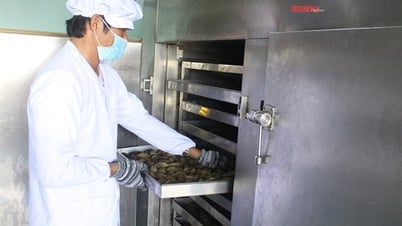




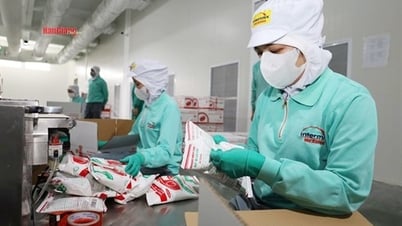
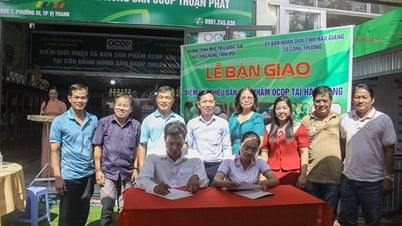





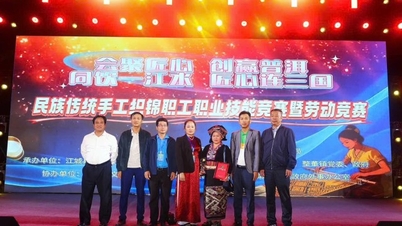
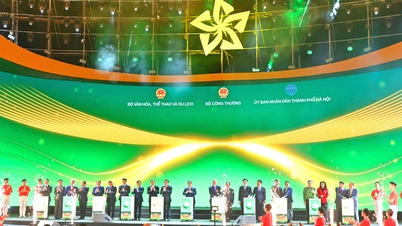
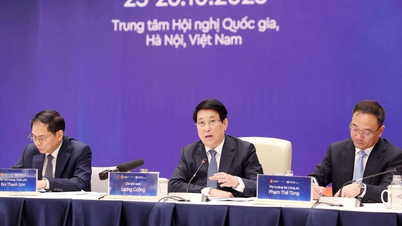

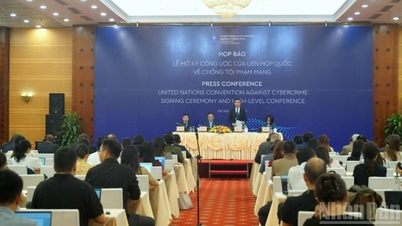
![[Photo] Prime Minister Pham Minh Chinh receives United Nations Secretary-General Antonio Guterres](https://vphoto.vietnam.vn/thumb/1200x675/vietnam/resource/IMAGE/2025/10/25/1761390212729_dsc-1484-jpg.webp)






































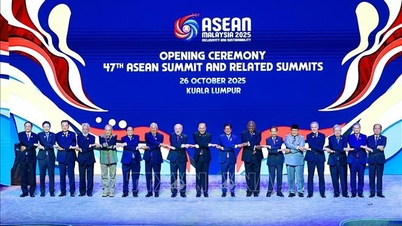



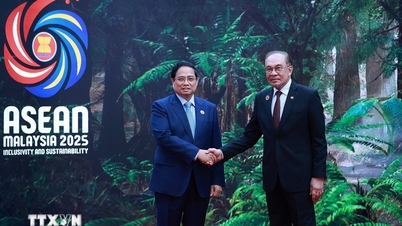
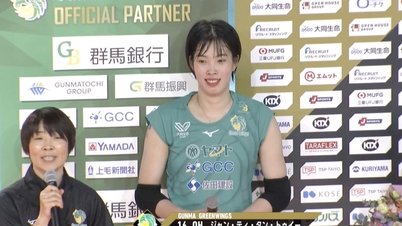

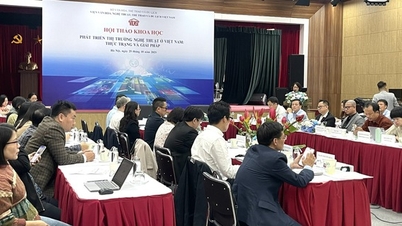



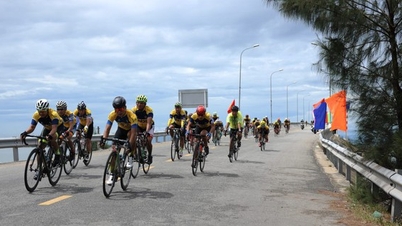
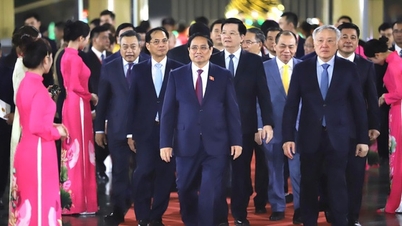

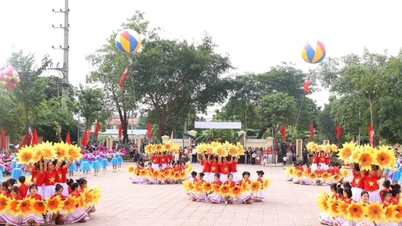

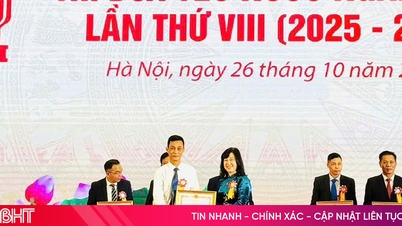

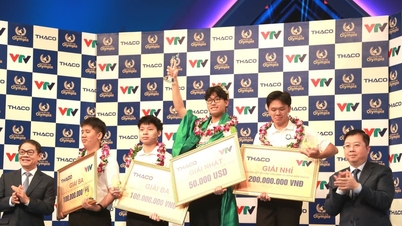

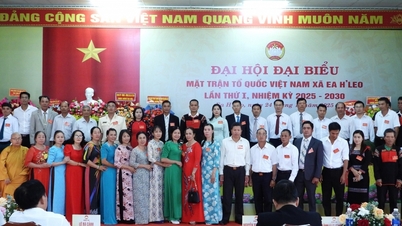

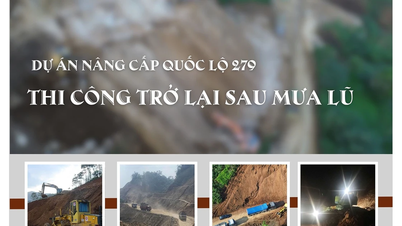

















Comment (0)